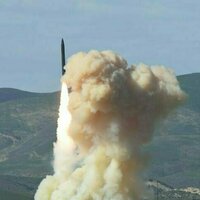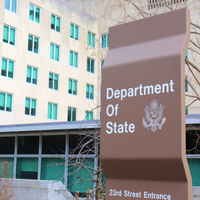SINGAPORE: Amid rising trade tensions, several Asian nations are stepping up energy purchases from the U.S. in hopes of easing tariff pressure under President Donald Trump's new import duties.
Many countries across Asia have significant trade surpluses with Washington and rely heavily on energy imports. As U.S. tariffs disrupt global markets, some governments are turning to American oil and gas as a bargaining tool.
Indonesia plans to propose a US$10 billion increase in imports of U.S. crude oil and liquefied petroleum gas (LPG) as part of its trade talks. The country's energy ministry is expected to recommend boosting its LPG quota and crude purchases to help meet this target.
Pakistan, which has never imported U.S. crude, is now considering doing so. A government source and a refinery executive told Reuters the aim is to match current oil and refined product imports—about $1 billion—with equivalent purchases from the U.S.
India is weighing the removal of import taxes on U.S. liquefied natural gas (LNG), ethane, and LPG to help lower its trade surplus with the U.S. The country's top LNG importer, GAIL India, has issued a tender to buy up to a 26 percent stake in a U.S.-based LNG project, combined with a 15-year import deal.
Thailand is also preparing to expand its U.S. energy purchases. The country is already committed to importing 1 million metric tons of LNG annually starting in 2026 under a 15-year agreement. It now plans to add another contract for more than 1 million tons of U.S. LNG over the next five years and will import 400,000 tons of ethane worth $100 million.
Meanwhile, the U.S. is pushing for Japan, South Korea, and Taiwan to join its $44 billion Alaska LNG project. This project would transport gas from northern Alaska to Asia via a new pipeline. The effort is part of Washington's broader trade strategy.
A Taiwanese energy firm has already signed an agreement to purchase LNG from Alaska and invest in the project. South Korean officials are considering a trip to Alaska for further talks, and Mitsubishi Corp of Japan is reviewing a potential investment.









































